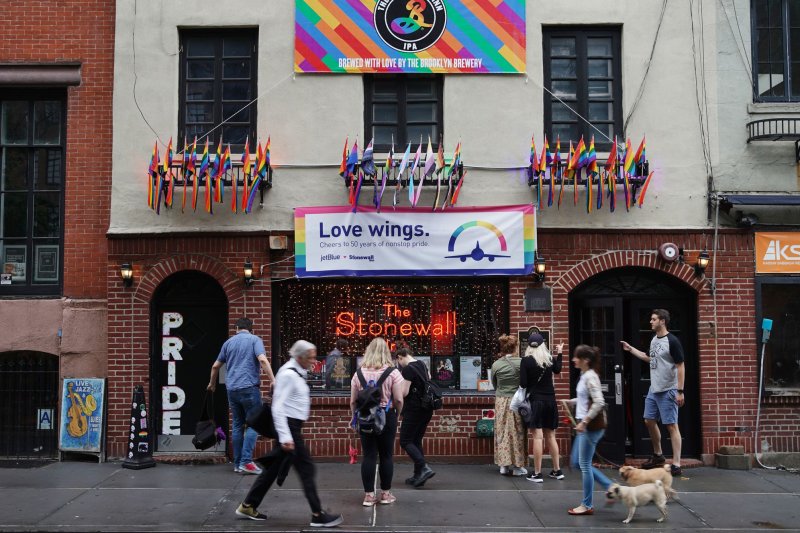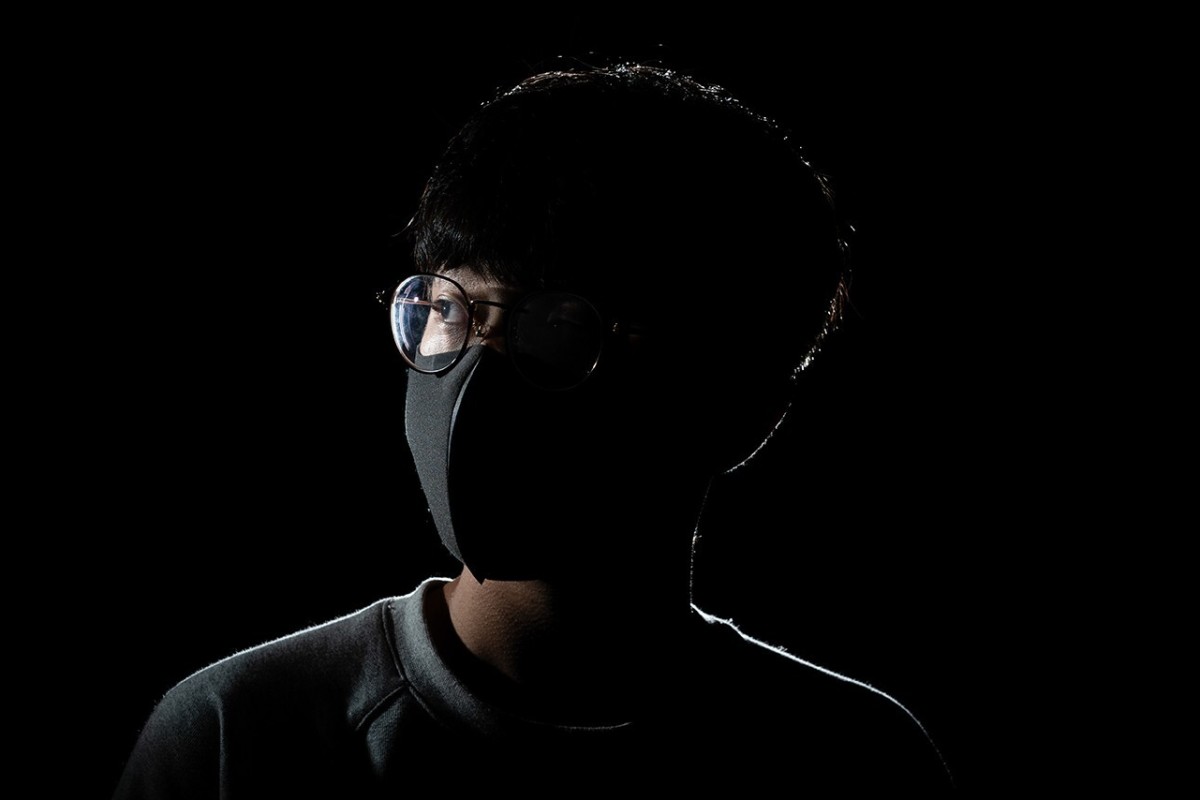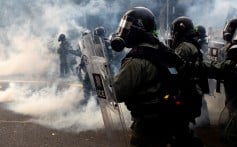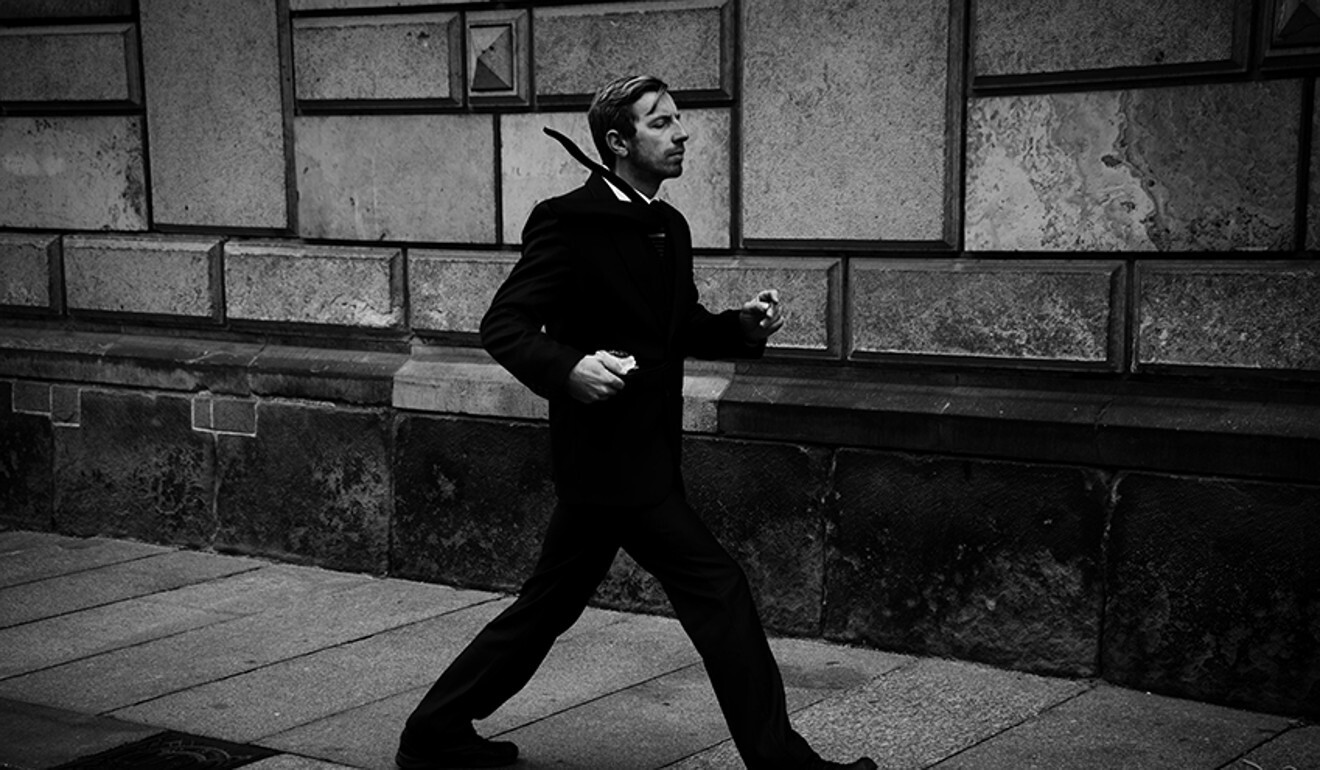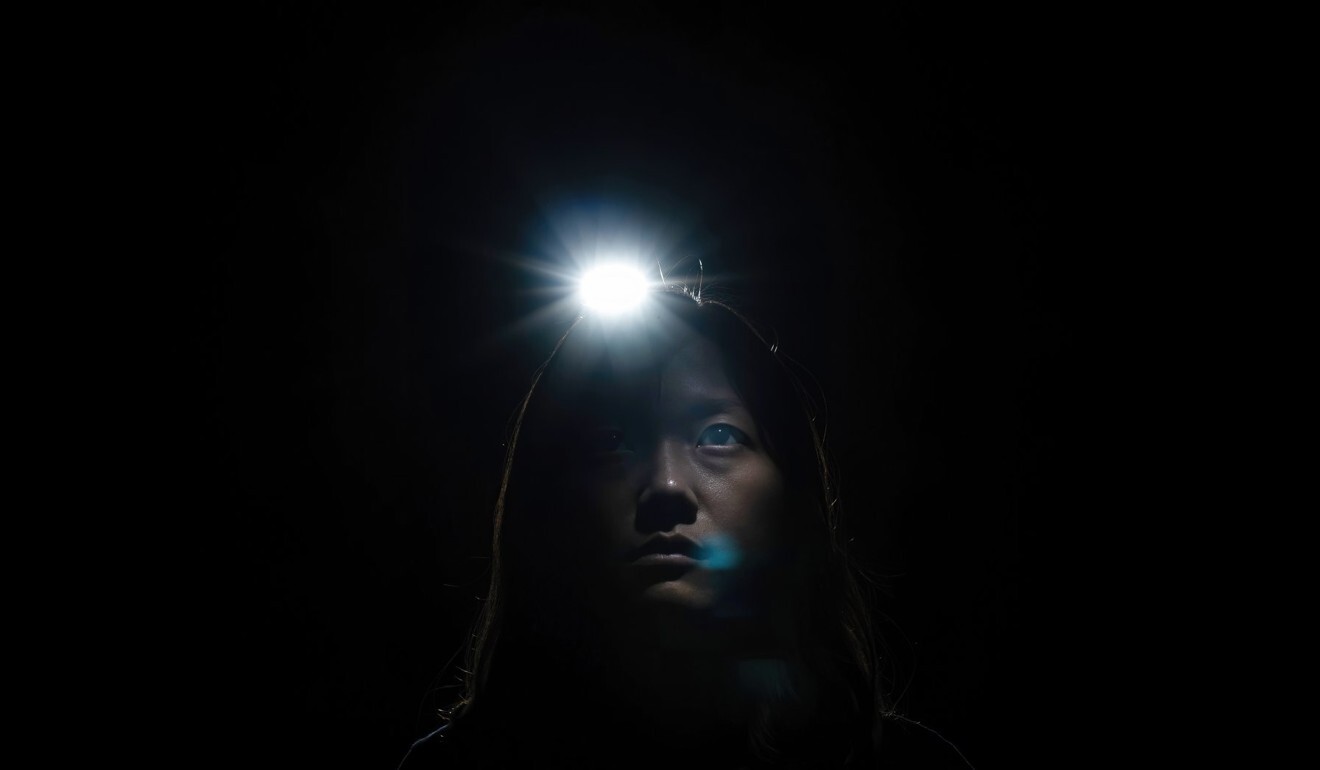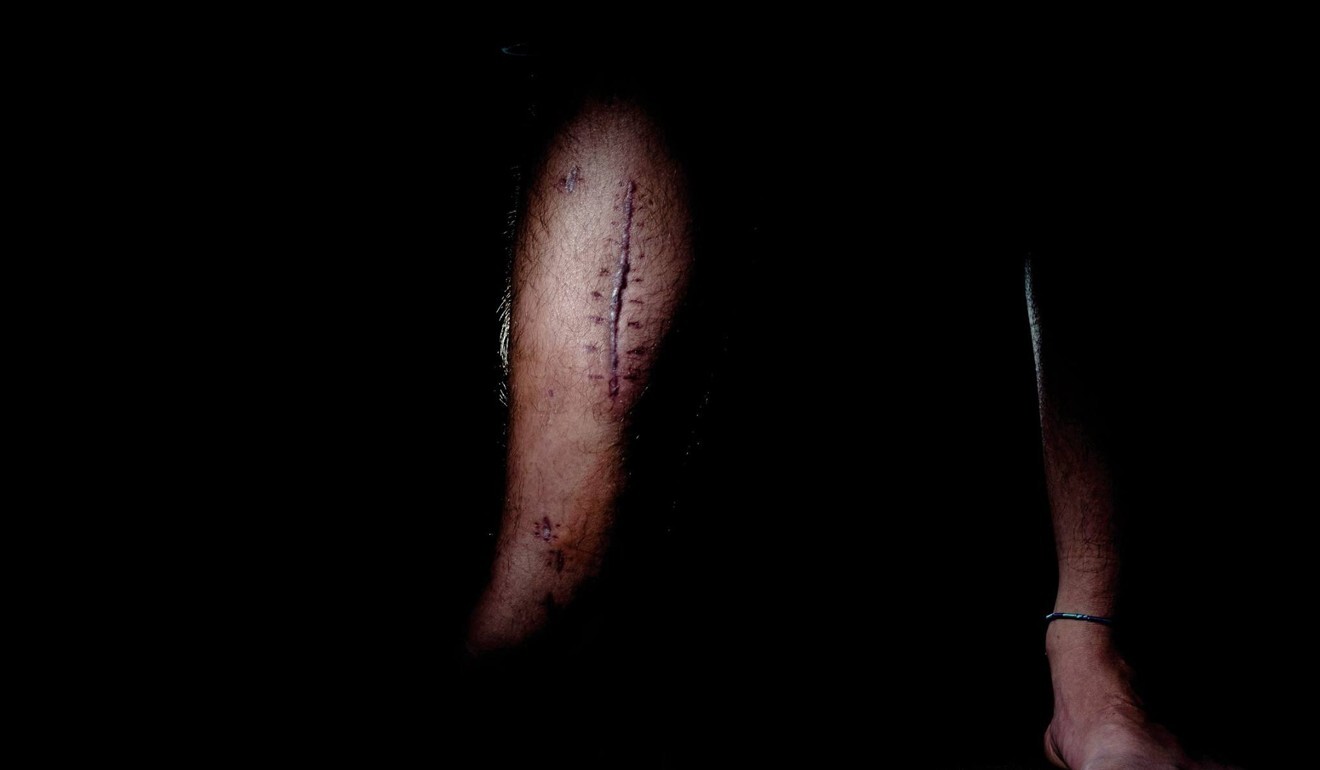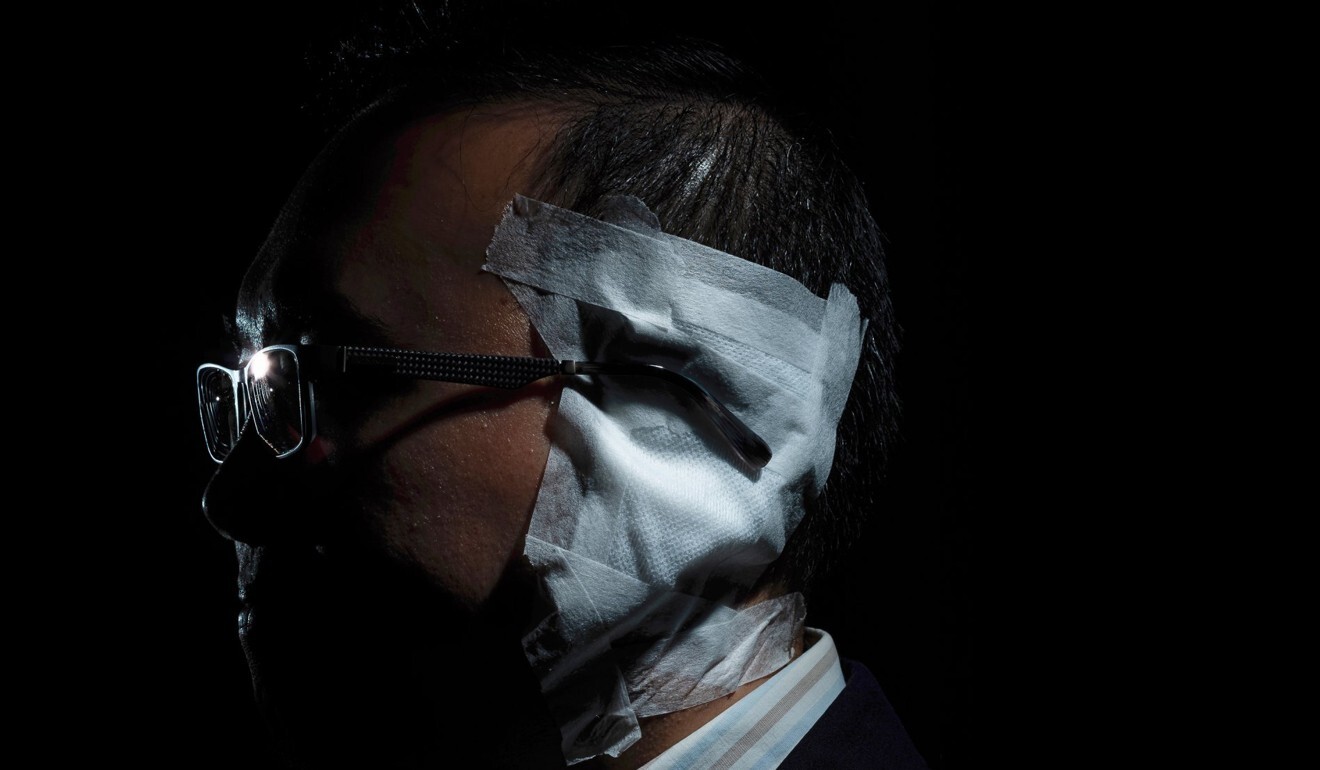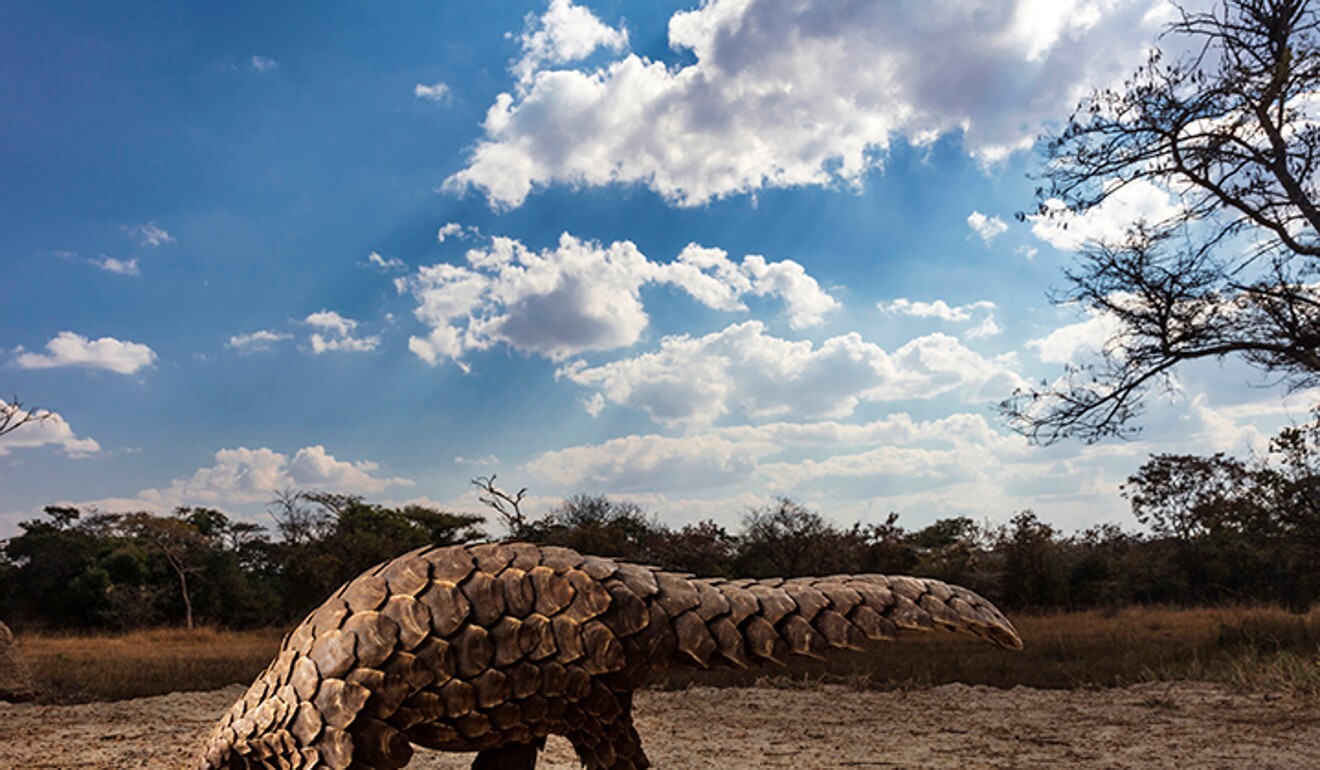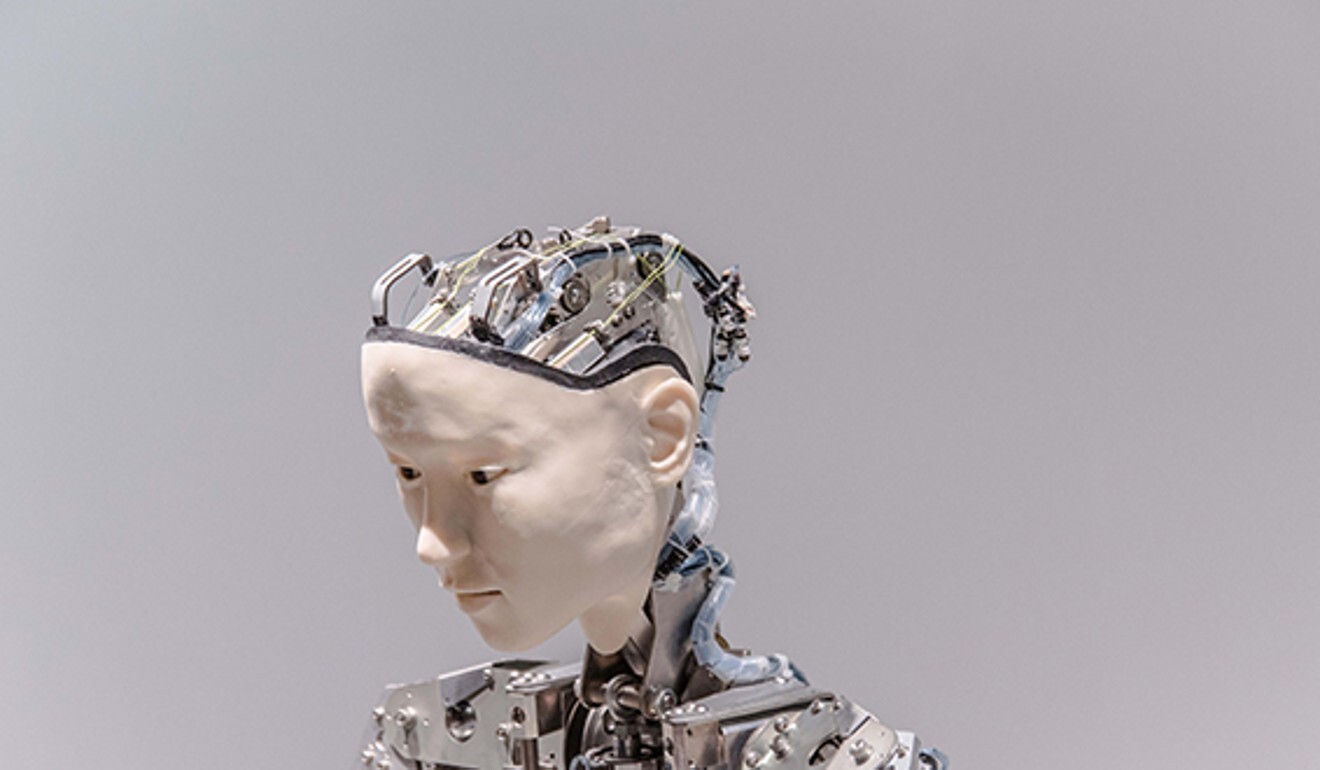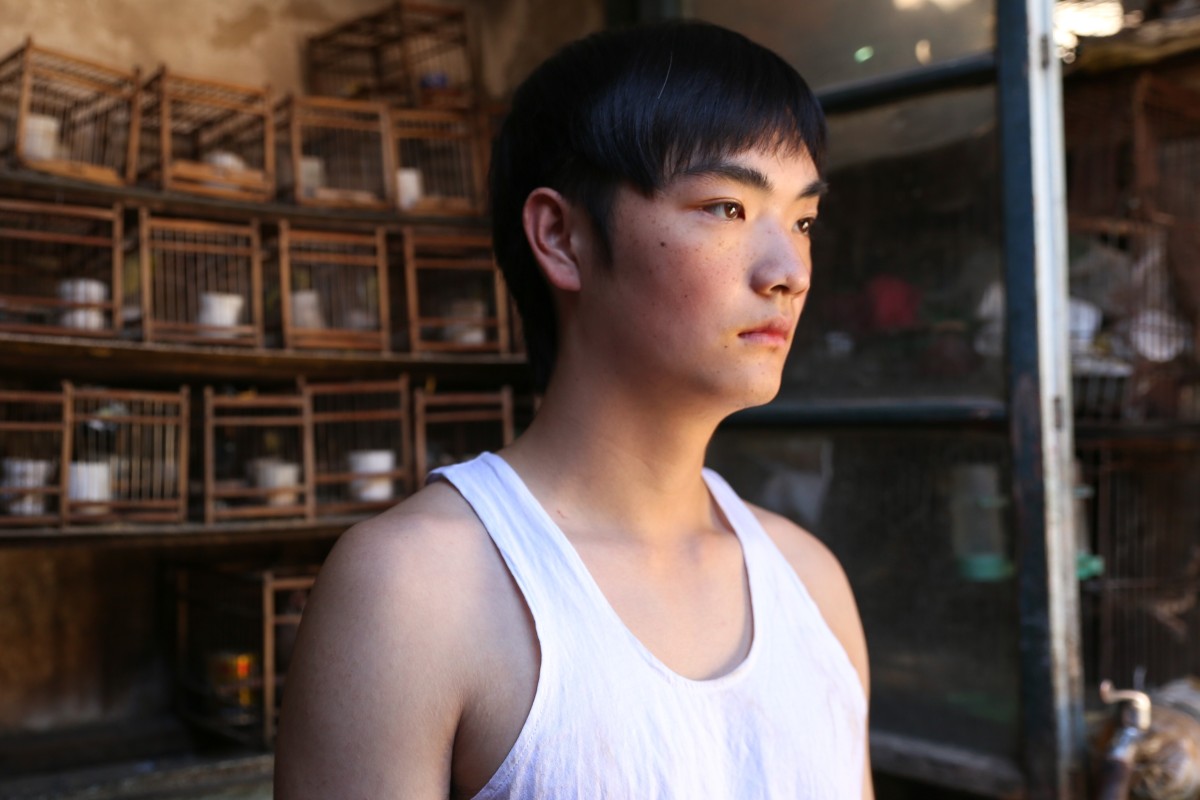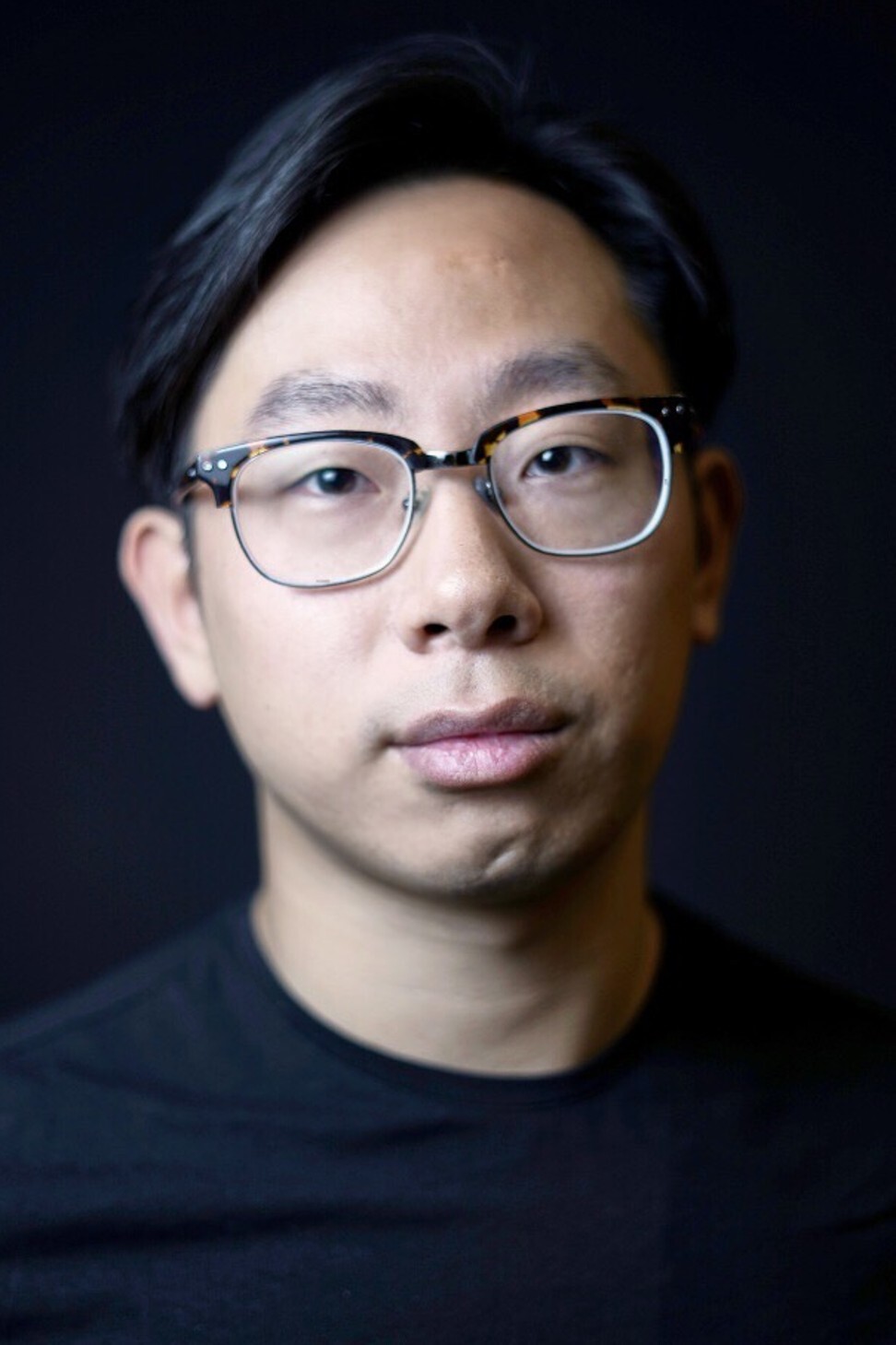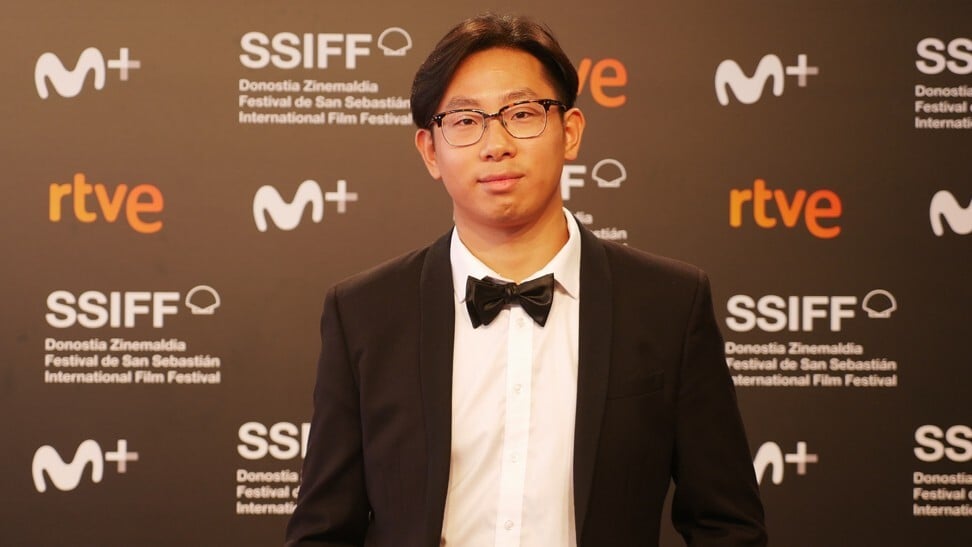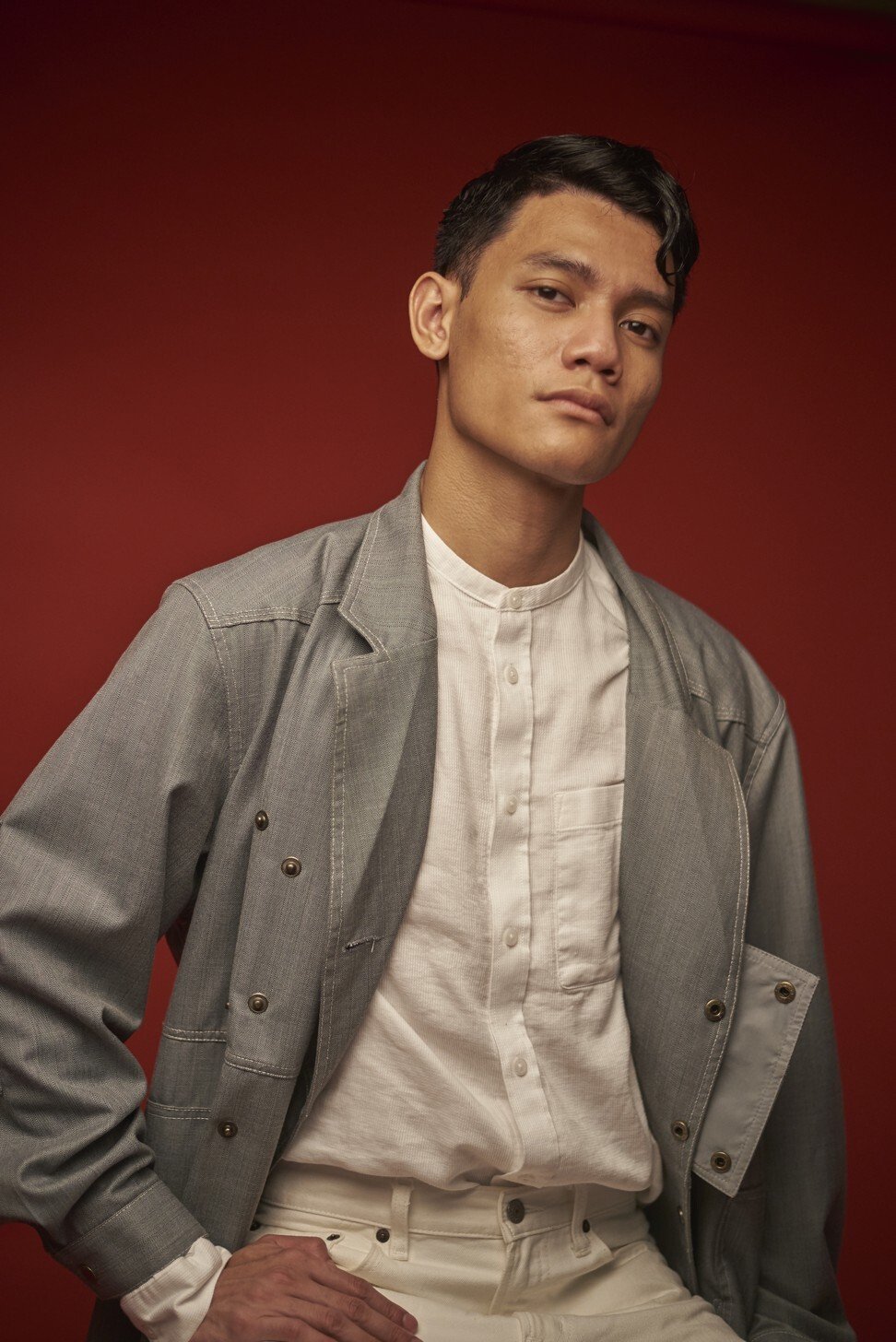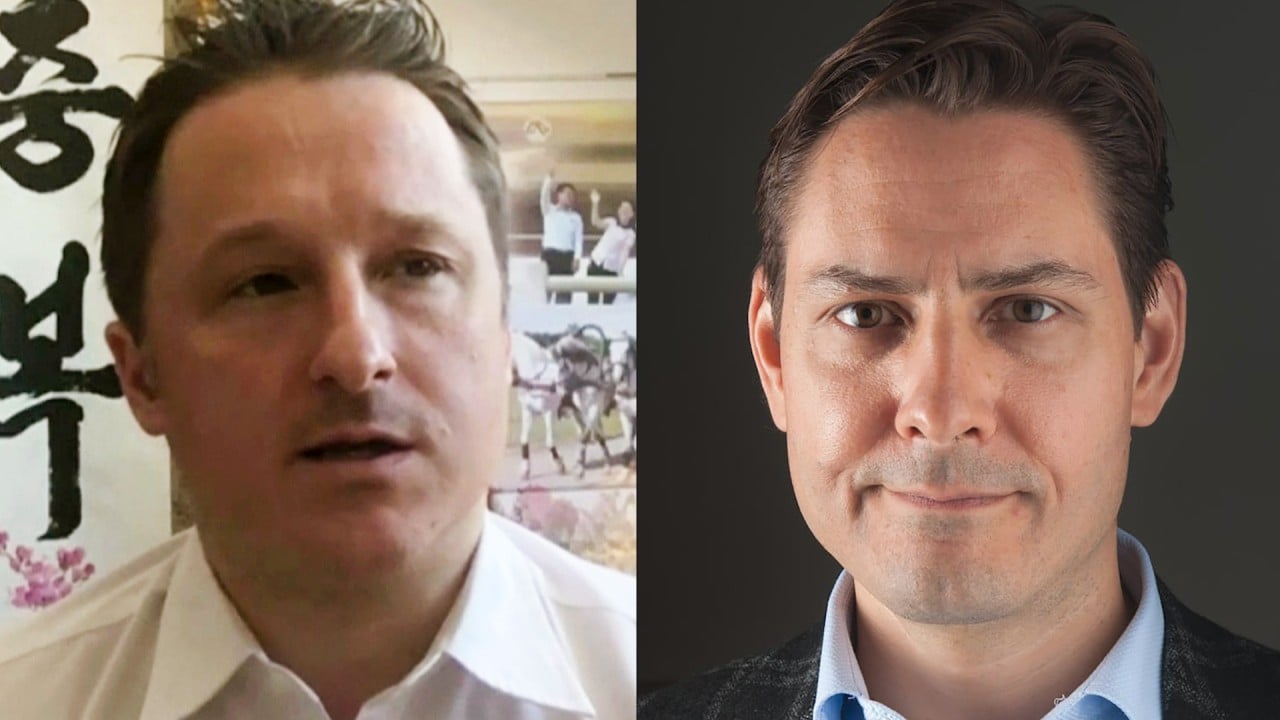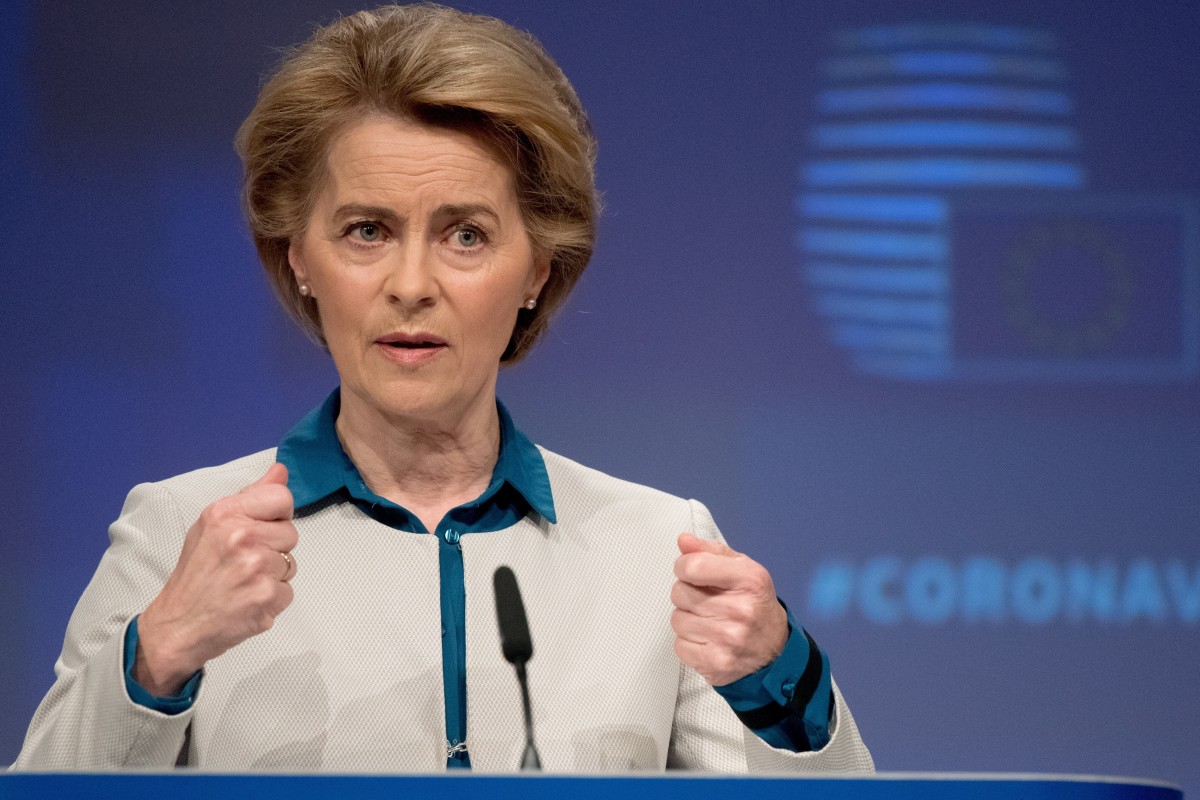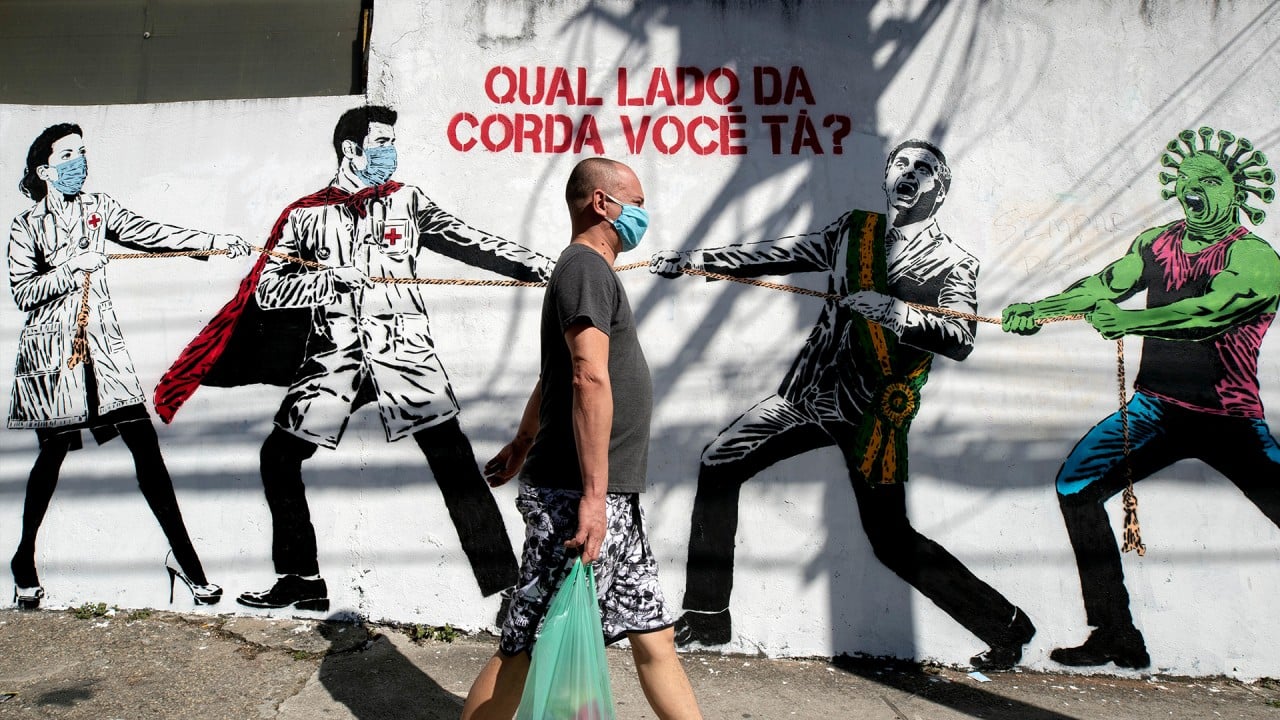Asian Americans take campaign against 'Kung Flu' slur to the streets

Members of Concerned AsAm Citizens of NYC greet people on the street and ask them to take part in the "Asians Are Not A Virus 2020" campaign in the Chinatown section of New York City on Saturday. Photo by John Angelillo/UPI | License Photo
 A member of Concerned AsAm Citizens of NYC takes signatures from the public for posters that will be sent to the Congressional Asian Pacific American Caucus in Washington on Saturday at a street corner of the Chinatown section of New York City. File Photo by John Angelillo/UPI | License Photo
A member of Concerned AsAm Citizens of NYC takes signatures from the public for posters that will be sent to the Congressional Asian Pacific American Caucus in Washington on Saturday at a street corner of the Chinatown section of New York City. File Photo by John Angelillo/UPI | License Photo
NEW YORK, June 27 (UPI) -- Asian Americans most affected by U.S. President Donald Trump's use of the phrase "Kung Flu" to refer to the novel coronavirus are not only voicing their opposition to the use of the term, they're increasingly taking their campaign to the streets.
They say the term, along with the phrases "China virus," "Wuhan virus," and "Wu-flu," are racist, and draw attention away from the president's handling of the coronavirus.
Shirley Ng, co-founder of Concerned AsAm citizens of NYC, a grassroots organization, said during the group's "Asians Are Not A Virus" campaign in Manhattan Chinatown, Trump is using the trope of China to distract from his administration's record on COVID-19.
"He's always trying to deflect," Ng told UPI. "It's not him, it's always somebody else."
TRUMP TOADY GOVENOR
Florida breaks new single-day record with 9,585 COVID-19 cases
Since the outbreak of the global coronavirus pandemic, Ng has been active on social media but felt calling out anti-Asian racism online wasn't enough. In May, Ng and her co-organizers, with the help of nearly 50 volunteers, launched their first campaign, "Don't Be Cruel," to inform Chinese American and other minority-owned businesses in New York to notify police if they encounter race-based harassment, or a hate crime.
CAAC NYC's campaign on Saturday drew curious looks from random passersby at the corner of a street adjacent to Columbus Park, where the members of the local Chinatown community gather to practice Tai Chi or play chess. Some people declined to sign the posters against racist speech, even as others jumped immediately at the opportunity.
Lillian Bit, a resident of Long Island, stopped by the group's table to sign posters, which Ng says will be sent to the Congressional Asian Pacific American Caucus in Washington.

RELATED State Department says white supremacy rising globally
Trump is "inciting division" among Americans, and using phrases like "Kung Flu virus" to divert from his own mishandling of the coronavirus, Bit, who is Chinese American, said.
Other people stopped by the table to speak to Ng and the other organizers, initially unsure about the campaign.
Nelson Wong, a businessman with an office in Chinatown, said he did not have problems with Trump associating the coronavirus with China.
"What's the problem with the 'Wuhan virus'?" Wong said, referring to the origins of the disease.
Wong, who grew up in the neighborhood of Brownsville in Brooklyn in the '70s, said the outcry over recent anti-Asian racism may have deeper roots, and that Trump is not entirely to blame for the more than 2,200 reported anti-Asian hate incidents since the start of the pandemic.

"I was a bony Asian kid in Brownsville," said Wong. "I had to literally fight my way through school, or I had to hide from people after school so I could get home."
Wong also said the dynamics of anti-Asian or anti-Chinese racism is complex, the perpetrators are not always White, and experiences with racism like his are not always addressed in his community.
Other Asian Americans disagree the recent surge in anti-Asian hate crimes have only a tenuous connection to the coronavirus pandemic and its association with China.
Judy Ng, a CAAC NYC co-organizer, said she was walking to a grocery store when a pedestrian, a man, covered his face as he approached her.
The move felt ambiguously hostile, but enough to catch Ng's eye. As COVID-19 ran its course in New York, Ng, a single parent with a child, said she found herself staying indoors and hardly going outside.
Ng said she made her first major outing when meeting with Shirley at the end of May to prepare for the campaigns.
Shirley Ng said her campaign delivers a message of hope to Asian Americans who have opted to stay in for fear of hate attacks.
"I don't want them to live that way," Ng said. "That's what the racists want you to do. They want you to live in fear."






